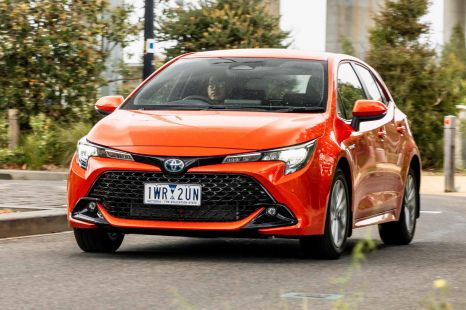

Max Davies
2025 Toyota Corolla SX review
6 Days Ago

Journalist
Maserati has today teased a new, smaller crossover called the Grecale, with its sights set on stealing sales from the popular Porsche Macan.
It’s part of yet another Maserati launch, which will be spearheaded by the new MC20 supercar. The automaker has also detailed a roadmap that includes new models, improved customisation options, and electrified models.
The company has told Autocar the Grecale will be based on the Alfa Romeo Stelvio and built alongside it in Cassino, Italy, but come with Maserati engines.
The new crossover will likely slot in beneath the Levante in terms of both price and size, and is said to emphasise luxury and practicality.
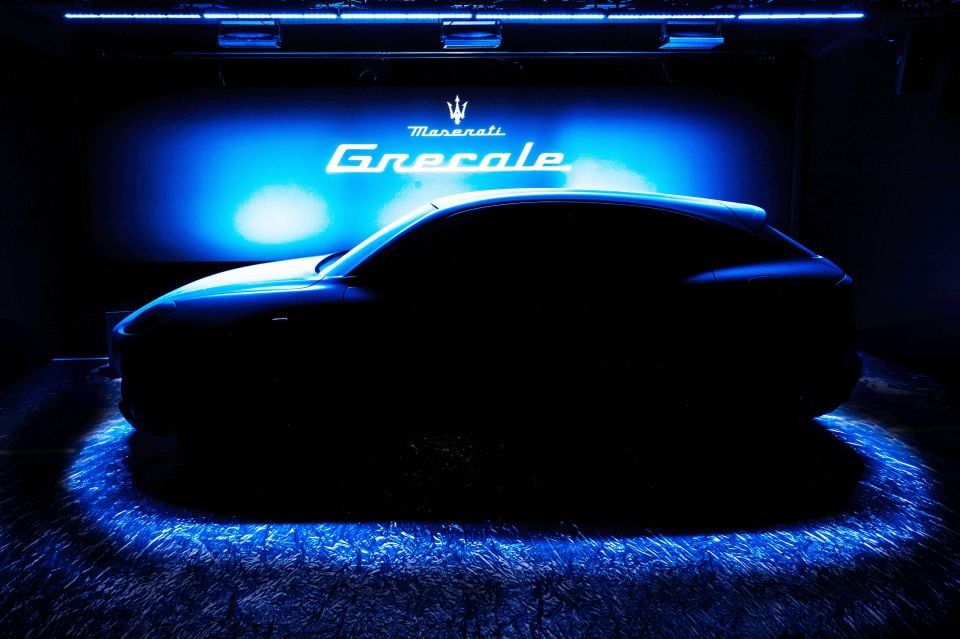
The Grecale continues the company’s long tradition of naming vehicles after winds. In this case, it’s a “fierce north-east wind of the Mediterranean Sea”.
Other wind-based names include Mistral, Ghibli, Bora, Merak, Khamsin and Levante.
In other product news, the replacements for the GranTurismo coupe and GranCabrio are reportedly due in 2021 with internal combustion engines. Pure electric versions will follow in 2022.
The next-generation Quattroporte sedan is scheduled to arrive in 2023. It, too, will be available with a choice of internal combustion engines or all-electric power.
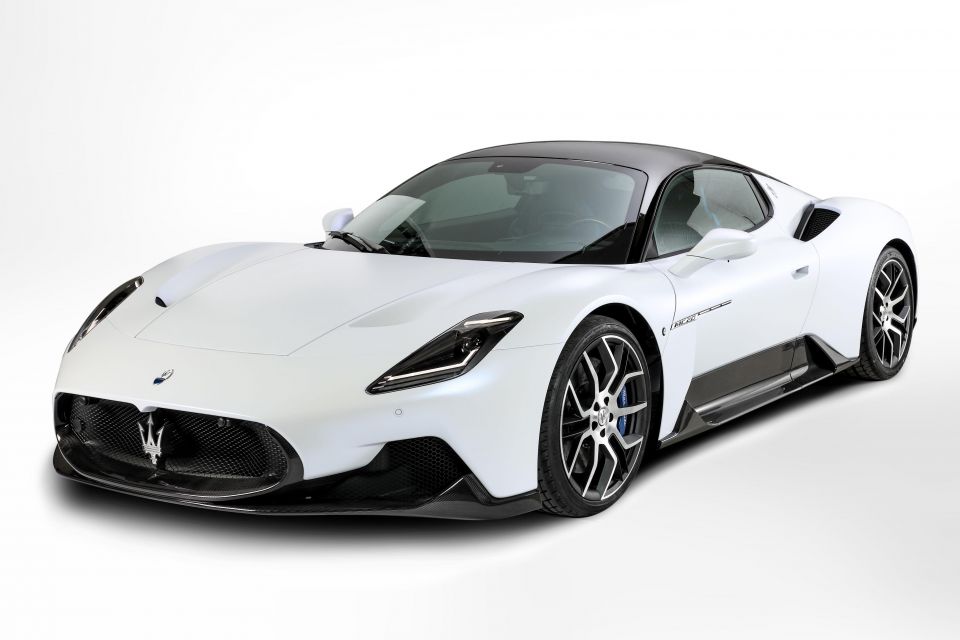
Maserati’s pure-electric variants will wear the Folgore badge – folgore means lightning bolt in Italian.
The company’s top-shelf electric drivetrains will reportedly feature three motors for all-wheel drive and torque vectoring, as well as an 800V electrical system and fast charging support.
As part of this latest makeover, Maserati is launching a personalisation program christened Fuoriserie – Italian for customisation – which promises thousands of possible combinations. To make things easier to digest, Maserati will classify options into three broad categories: corse, unica, and futura.
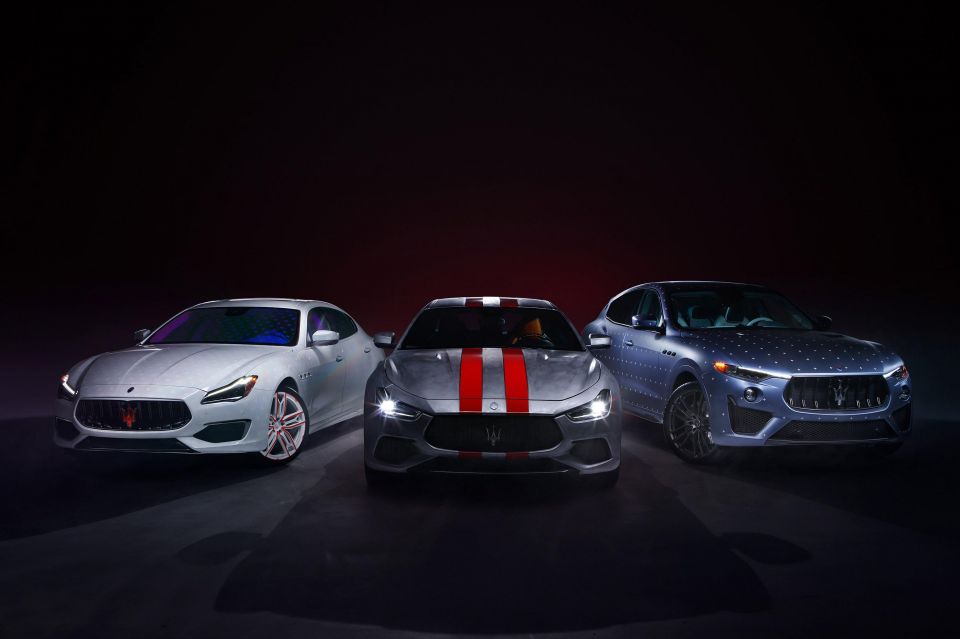
With Fiat Chrysler Automobiles and PSA Group’s merger to form Stellantis due to be completed in early 2021, it’s unclear how many of these projects will come to fruition.
Carlos Tavares, current CEO of PSA and designated Stellantis CEO, is well known advocate of common platforms and tight cost control.
After purchasing Opel/Vauxhall, he famously cancelled the sixth-generation Corsa even though GM had completed all engineering work because he wanted to improve economies of scale for PSA’s platforms and avoid licensing costs.
Where expert car reviews meet expert car buying – CarExpert gives you trusted advice, personalised service and real savings on your next new car.
Derek Fung would love to tell you about his multiple degrees, but he's too busy writing up some news right now. In his spare time Derek loves chasing automotive rabbits down the hole. Based in New York, New York, Derek loves to travel and is very much a window not an aisle person.


Max Davies
6 Days Ago
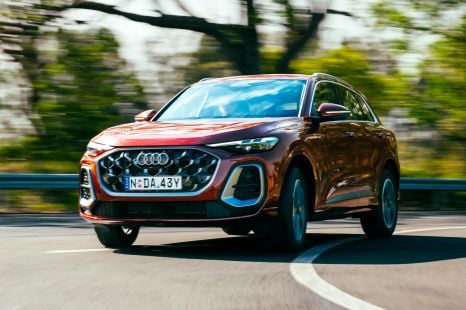

James Wong
5 Days Ago
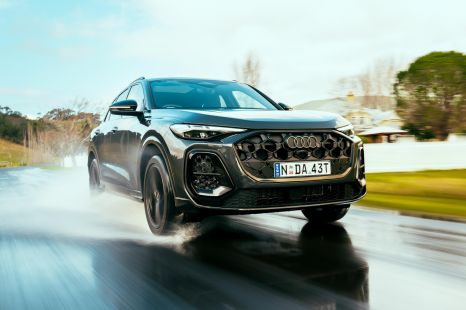

James Wong
4 Days Ago
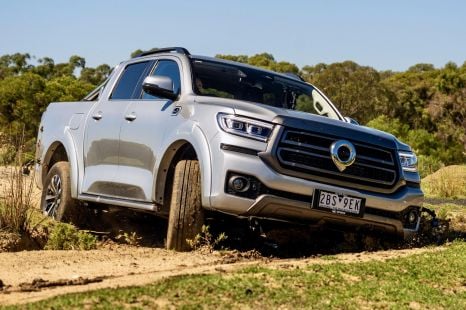

Max Davies
3 Days Ago
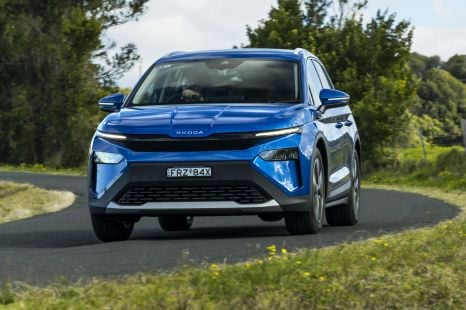

Josh Nevett
1 Day Ago
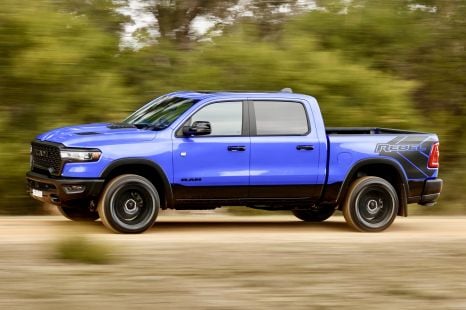

Max Davies
1 Day Ago